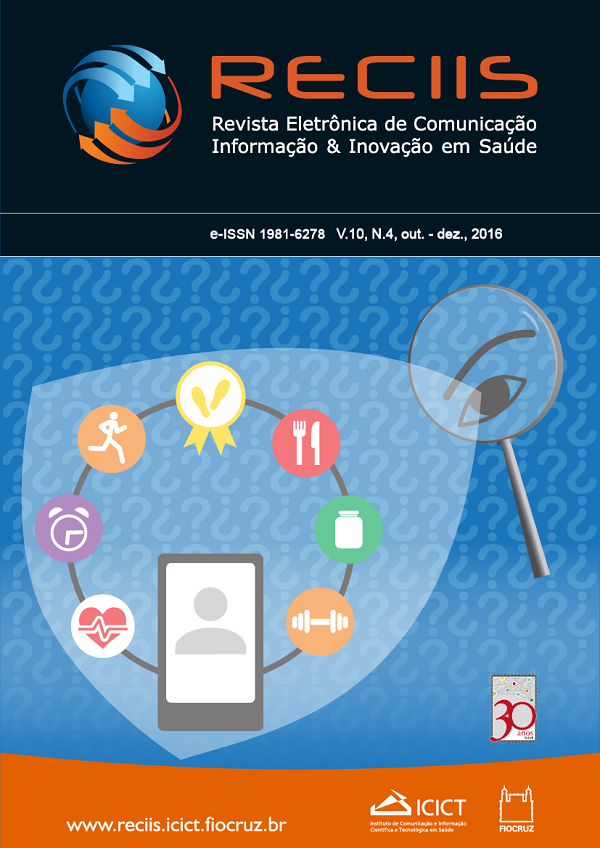Risk communication versus crisis communication in the public health: the authorities speech in the face of a dengue epidemic
DOI:
https://doi.org/10.29397/reciis.v10i4.1178Keywords:
crisis communication, risk communication, social representation theory, collective subject discourse, health communication, dengue fever, epidemic.Abstract
The objective of this article is to analyze the discourses by the public health and political authorities published by the print media on the first dengue epidemic in Ribeirão Preto, São Paulo/Brazil in 1990, in order to verify whether or not there is a prevalence of the use of the crisis communication. A qualitative research was developed based on the social representation theory and 126 news about that epidemic were extracted from newspapers and journals using the method intitled collective subject discourse. The media diverted the attention of readers from matters relating to the binomial epidemiology/health to the existing political conflicts. Thus, even the media bringing an informational content that blamed both the government and the population, the readers assumed a passive attitude in the face of that situation. The great media has power to influence the daily life of people and their political actions. The media presents itself as a power sphere, with strength in the struggle for the hegemony and in the formation of the opinion about the health problems.
Downloads
Published
How to Cite
Issue
Section
License
Author’s rights: The author retains unrestricted rights over his work.
Rights to reuse: Reciis adopts the Creative Commons License, CC BY-NC non-commercial attribution according to the Policy on Open Access to Knowledge by Oswaldo Cruz Foundation. With this license, access, download, copy, print, share, reuse, and distribution of articles is allowed, provided that it is for non-commercial use and with source citation, granting proper authorship credits and reference to Reciis. In such cases, no permission is required from the authors or editors.
Rights of authors’s deposit / self-archiving: The authors are encouraged to deposit the published version, along with the link of their article in Reciis, in institutional repositories.












